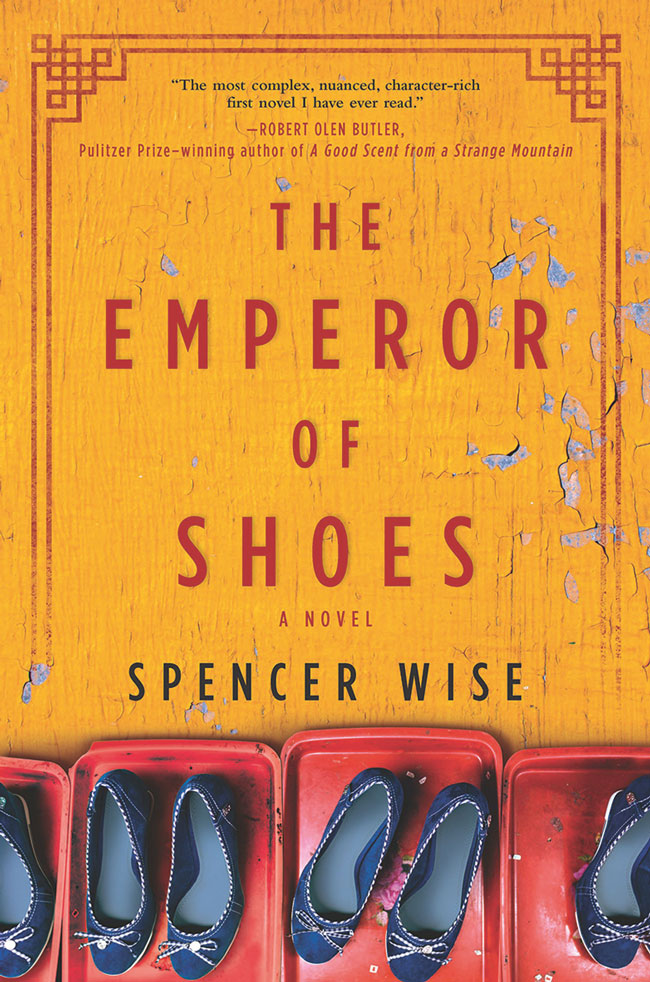This week we have two fascinating novels set in Asia which use their settings and characters to examine varying aspects of society and the way individuals interact within it.
The first is the eerie and brilliant Convenience Store Woman by Sayaka Murata. This is the author’s tenth novel but the first to be translated into English, by Ginny Tapley Takemori. The book has won various prizes in Japan and it’s easy to see why; it’s a highly innovative and weirdly unsettling story, a novel that talks about the mundane nature of modern life with profundity and real insight.

The story is narrated by Keiko Furukura, the woman of the book’s title, who has worked in the Hiiromachi Station Smile Mart for eighteen years, which amounts to half her life and her entire adult life. Keiko’s narration is absolutely deadpan, which leads to a certain amount of black humour, as she goes about her everyday life of serving customers and stocking shelves.
While that might sound tedious, there is something spellbinding about Convenience Store Woman, something in Murata’s clean, precise prose that somehow elevates proceedings. Keiko’s voice is key to this. She is verging on sociopath at times, and has never fitted in to what she considers normal society. A number of childhood incidents flagged her behaviour as abnormal, and since then she has worked at fitting in, something she is still doing, mirroring her fellow employees’ speech patterns and clothes in an effort to feel and seem human.
This is a smart book in all sorts of ways, but it wears that intelligence very lightly
Keiko is happy in her work, indeed the strict order and routine of the job gives her life some purpose, and she feels like a useful part of society. But she is under pressure from friends and family who think she is wasting her life away. She gets nagged to find a husband or a more fulfilling job, so eventually she makes an arrangement with an ex-colleague from the store to start a sham relationship to keep people off both of their backs.
Convenience Store Woman is a smart book in all sorts of ways, but it wears that intelligence very lightly, hardly seeming to do anything at all at times, yet occasionally sideswiping you with a deep observation about the nature of life. Keiko’s matter-of-fact thoughts on commercialism, societal pressure and the relationships between men and women hit home all the stronger because of her distinctive voice, and Convenience Store Woman is a deep look at what conformity and rebellion really mean in the modern age.










